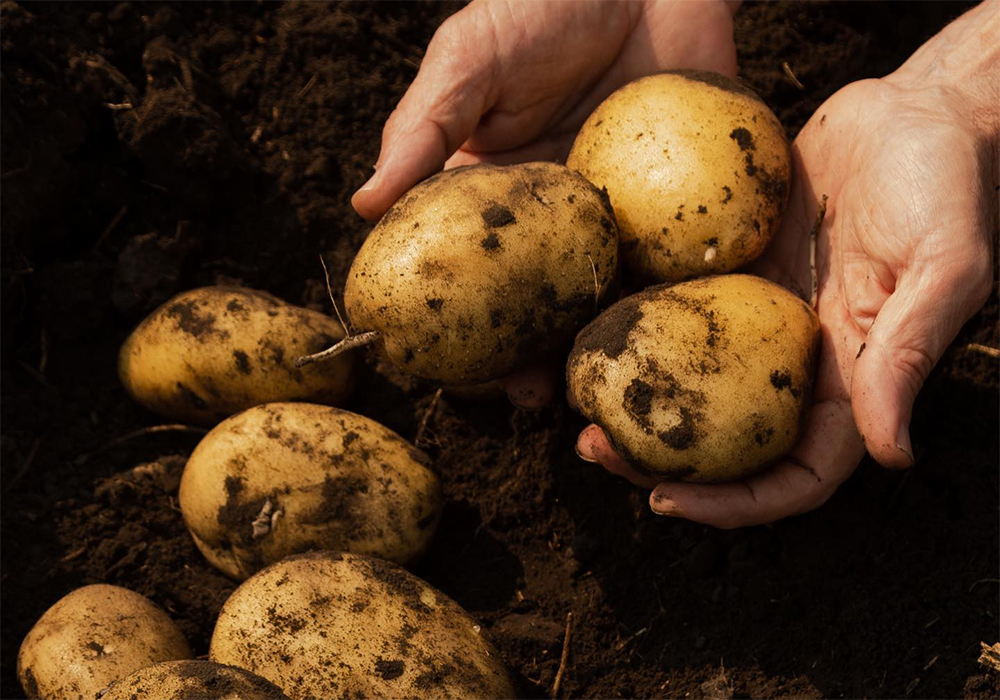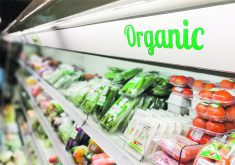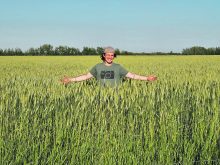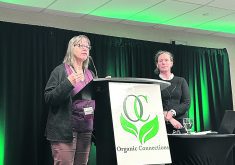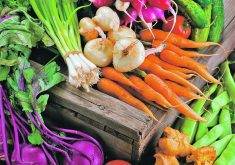Canada is crippling its ability to develop organic agriculture while bolstering that of its main competitor the United States, says a major Manitoba organic producer.
“The U.S. regulations are way easier on organic production,” said Wayne Rempel, chief executive officer of Kroeker Farms, during a panel discussion at the Keystone Agricultural Producers annual meeting.
“Our Canadian (regulator) has really handicapped us in a lot of ways, but meanwhile they give the U.S. growers reciprocity. They can ship (U.S. organic products) to Canada, using a Canadian label, with totally different rules.”
Read Also

Rural Manitoba resources slim on natural disaster planning
A study from Brandon University’s Rural Development Institute has found that many rural and small municipalities don’t have the staff or resources to make formal climate plans against natural disaster.
Kroeker Farms is a significant commercial producer of conventional and organic crops such as potatoes, onions, hemp and traditional prairie crops. It sells into mainstream commercial channels and sees its products go head-to-head with imported U.S. organic products.
“Organic is very difficult because we compete in the world with other organic farmers,” said Rempel.
The stricter Canadian rules make competing with U.S. organics very challenging.
“These are the kinds of things that are really frustrating. It’s so often the Canadian way of doing things,” said Rempel.
“We want to be nice to everybody else but we don’t support our own people.”
Rempel said organic production also needs better crop insurance support. The risks are different as is the value of the crop.
“That’s the one thing we don’t have,” said Rempel.
Establishing better crop insurance for organic production would be complicated, he acknowledged, but it is important to support the growth of organic production.
“It needs to be done,” he said.
Crop insurance should also be improved for farmland in which farmers have invested much, as with tile drainage, irrigation and land-levelling, Rempel said.


